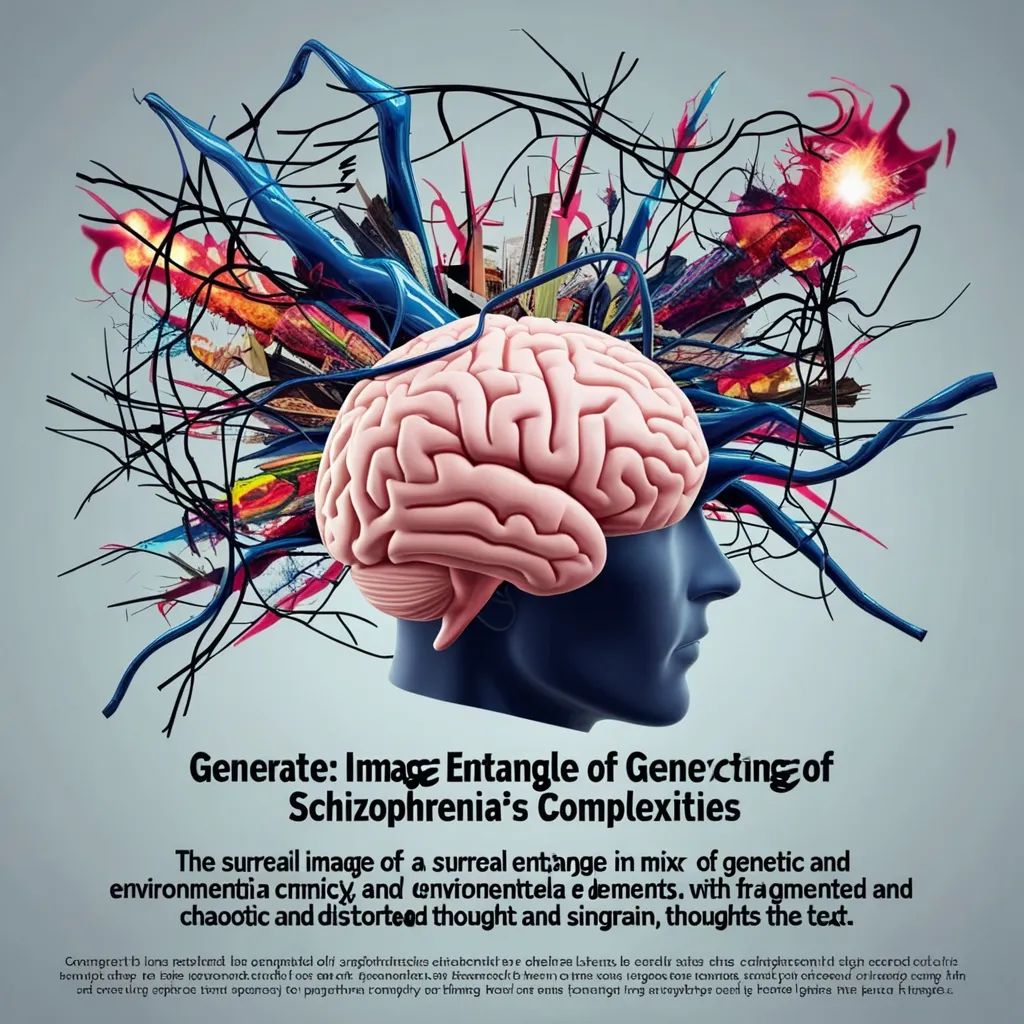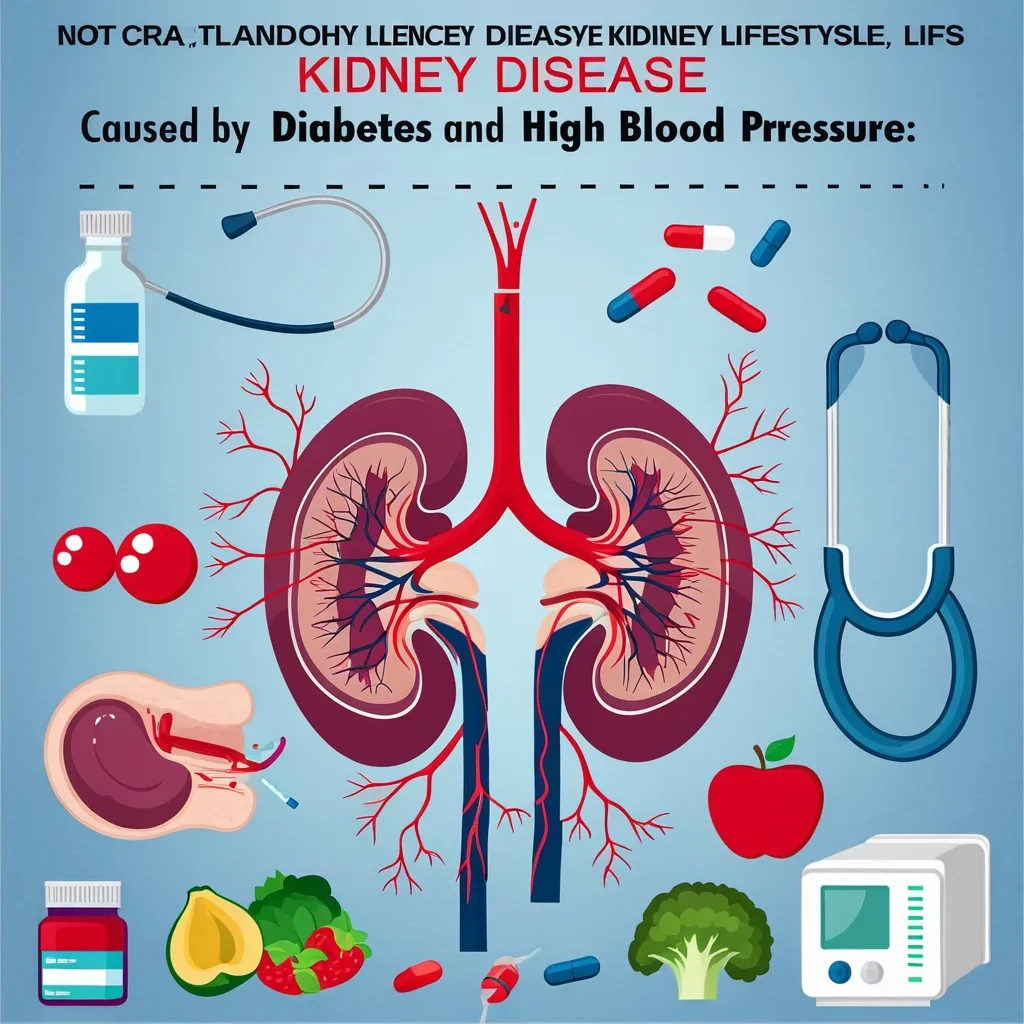Schizophrenia’s not just some fancy word you hear tossed around now and then. It’s a serious and complex mental health disorder impacting millions globally. Imagine living in a world where your mind plays tricks on you, dragging you through hallucinations, delusions, and disorganized thoughts. That’s what many people with schizophrenia face every day. Cracking the code on what causes this can change lives, opening doors to better treatments and prevention efforts.
Let’s dive into the genetic side first. It turns out, your family tree has quite a say in your mental health. Take twins, for example. If one identical twin has schizophrenia, there’s almost a coin flip’s chance the other might develop it too. Now, that’s a pretty strong genetic signal. But, it’s not the whole story. Schizophrenia isn’t pinned down to just one gene. It’s like a jigsaw puzzle with many pieces. Each gene piece increases the odds, but none can single-handedly predict the disorder.
Stepping out of the DNA code and into real life, environmental factors are just as critical. What happens to you before you’re even born and soon after can set the stage. Think about complications during pregnancy or birth trauma – they all add weight to the risk scale. Childhood isn’t off the hook either. Tough experiences like trauma, abuse, or growing up in harsh conditions can ramp up the chances. Even the city you live in or certain infections, like toxoplasmosis, might nudge up the risk.
But the plot thickens with the gene-environment tango. It’s not just about having the genes or encountering the bad luck events; it’s how they dance together. Imagine someone with a genetic setup prone to schizophrenia, then add in some heavy cannabis use or significant stress – the risk escalates. It’s like having all the ingredients for a recipe; alone, they’re just parts, but mix them right, and you get the real deal.
When it comes to spotting schizophrenia, it’s no simple checklist. The symptoms are diverse, turning life upside down. Positive symptoms like hallucinations and delusions play the main act, while negative symptoms such as the flat affect co-star. Cognitive troubles, like memory slips and fuzzy thinking, are adding to the whole mess. For a proper diagnosis, these unsettling experiences need to last at least a month and mess with daily life.
Diagnosing isn’t a straightforward blood test. It’s more detective work. Doctors play Sherlock Holmes, ruling out brain injuries or infections through MRIs and tests to make sure it’s not something else sneaking through. Only when other culprits are dismissed does schizophrenia get confirmed, according to the Diagnostic and Statistical Manual of Mental Disorders.
Let’s talk about battling this beast. Antipsychotic meds are often the first line of defense, dialing down the wild hallucinations and delusions. But popping pills isn’t a cure-all. Combining medication with therapy, like cognitive-behavioral or family sessions, makes a real difference. Steer clear of drugs and manage stress smartly to keep those symptoms in check. Cannabis and similar substances can be a slippery slope, only making things worse.
Thinking prevention is tough; it’s a tricky puzzle. But some lifestyle tweaks can help. A balanced diet and regular exercise aren’t just clichés – they truly support mental well-being. Staying away from harmful substances and finding ways to manage stress, whether through mindfulness or therapy, can cut down risks. Especially if schizophrenia runs in the family, staying alert and proactive about health can be key.
Looking ahead, the goal is to pin down the precise ways genes and environment interact. This could revolutionize how we approach treatment and prevention. Future research eyes identifying specific risk factors and tailoring interventions to individual risk profiles. Imagine snagging the high-risk folks early on, giving them the tools to possibly dodge the disorder altogether.
Schizophrenia is a tangled web of genetic and environmental threads. Grasping how these threads weave together is crucial for progress in treatment and prevention. Acknowledging the complex interplay can pave the way to better care and maybe even stopping schizophrenia before it starts.






